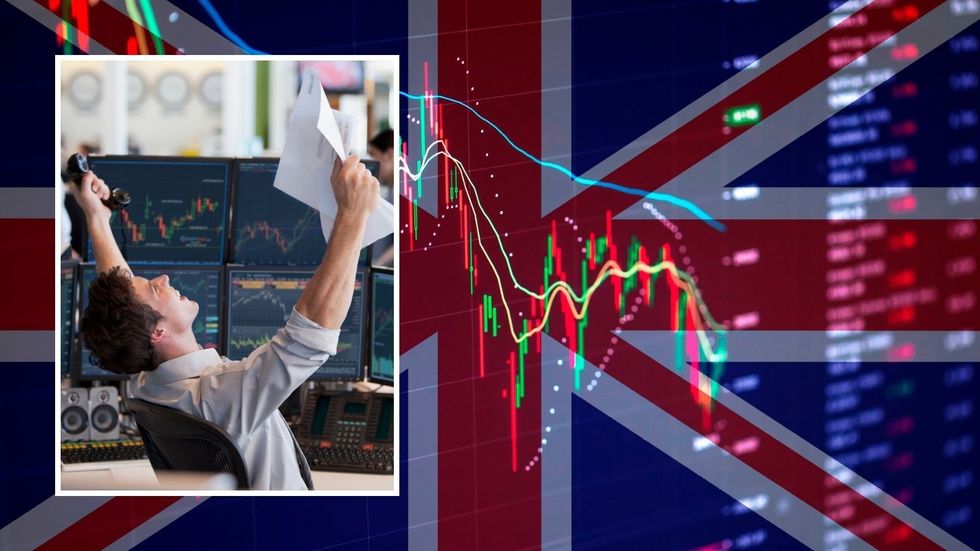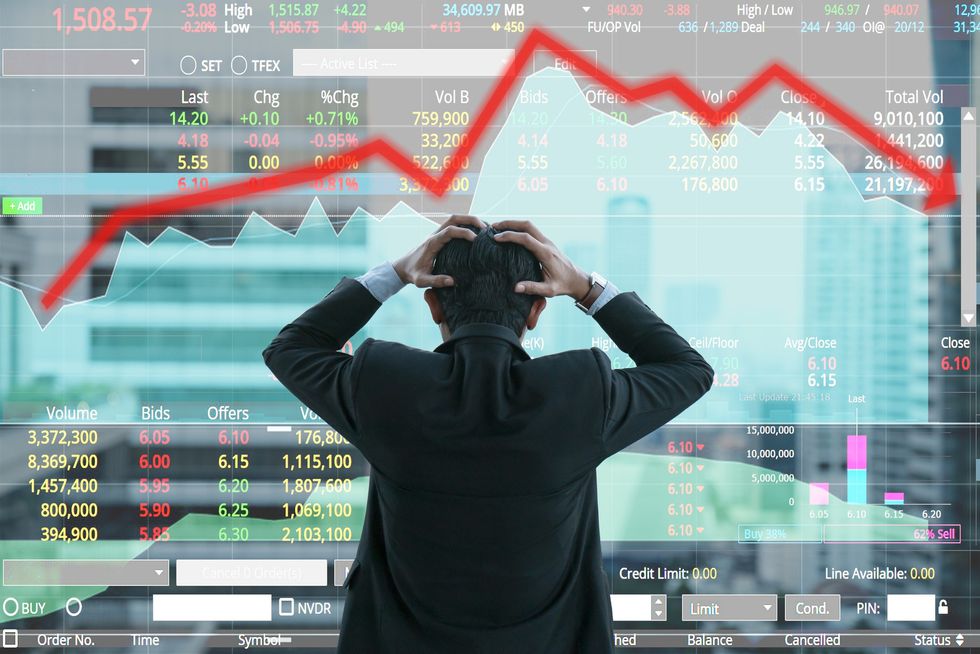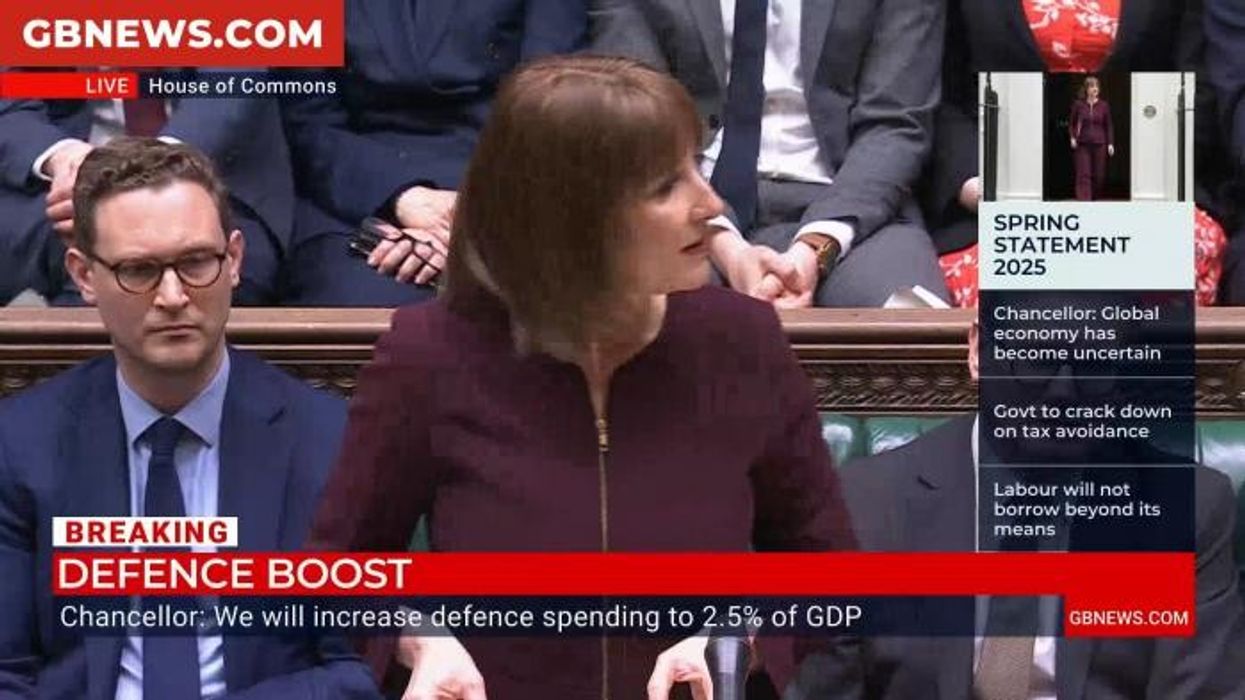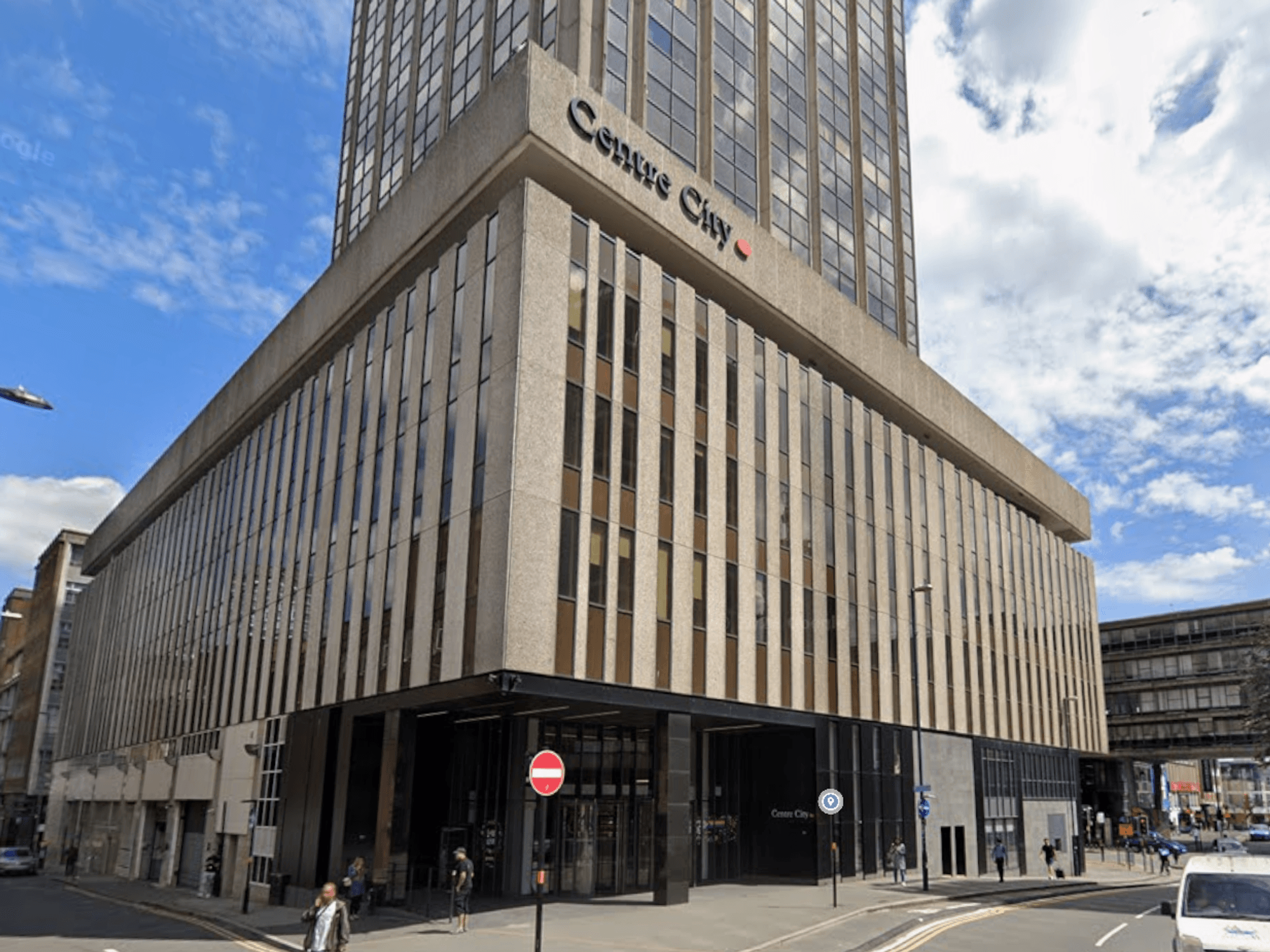UK economy boost: GDP set to rise in early 2025 but experts warn it will 'likely be short lived'

Analysts say the UK economy still faces major headwinds in the months ahead
Don't Miss
Most Read
Latest
The UK economy is expected to have grown in the first three months of 2025, offering a short-term boost before the effects of new tax rises and US trade tariffs begin to bite.
Official figures, due on Thursday from the Office for National Statistics (ONS), are forecast to show gross domestic product (GDP) grew by 0.6 per cent between January and March.
That follows stronger-than-expected economic activity at the end of 2024 and a rise in domestic spending early this year.
Economists believe the growth was helped by businesses accelerating trade activity ahead of incoming tariffs, announced by former US President Donald Trump in April as part of his "Liberation Day" campaign. These measures are expected to weigh on the UK economy in the second quarter.

The UK's GDP for January 2025 is expected to rise
| GETTYDespite the positive start to the year, the ONS is expected to confirm that the economy stalled in March, after growing 0.5 per cent in February. That slowdown reflects growing caution among consumers and businesses facing higher costs and increasing uncertainty.
Experts have welcomed the Q1 figures as a sign of resilience but warned that the bounce will not last. Analysts at Deutsche Bank said first quarter growth "will likely have jumped significantly – outpacing almost all forecasters’ expectations coming into the year."
They added: "By all accounts, a surprisingly stronger end to 2024 combined with some strength in domestic spending and frontrunning of trade ahead of Liberation Day will have led to a bigger jump to start the year."
However, they cautioned that the upswing was temporary. "The bump higher in activity will likely be short lived, however. We expect GDP growth to reverse in the second quarter, before slowly edging higher through the course of the year – and eventually returning to its trend growth rate in early 2026."
The data will be closely watched by Chancellor Rachel Reeves and the Labour Government, who have made economic growth a central part of their agenda.
A figure of 0.6 per cent would mark a stronger start than expected and offer some political breathing room ahead of upcoming fiscal challenges.
 The UK slipped into a shallow recession towards the end of last year | GETTY
The UK slipped into a shallow recession towards the end of last year | GETTY Last week, the Bank of England upgraded its full-year growth forecast for 2025 from 0.75 per cent to 1 per cent, reflecting the stronger-than-expected start to the year.
The Bank also cut interest rates to 4.25 per cent following a slowdown in inflation, which has helped ease some pressure on households and businesses.
However, the outlook remains mixed. Earlier this week, the ONS reported that wage growth had slowed and unemployment had risen to its highest level in nearly four years.
The labour market is showing signs of "cooling," according to the ONS, with employers becoming more cautious about hiring.

Economists have also warned that recent tax changes could limit business growth and affect jobs
| GETTYEconomists have also warned that recent tax changes could limit business growth and affect jobs.
The Government’s decision to increase National Insurance contributions for companies from April is expected to push up employment costs. Some analysts believe this could lead to a rise in redundancies or reduced hiring.
Combined with the uncertainty caused by Trump’s global trade tariffs, there are growing concerns that the economic recovery could lose momentum.
While the GDP figures may bring some short-term optimism, many experts agree that the second quarter will be far more challenging. The UK economy, they say, still faces major headwinds in the months ahead.
More From GB News











